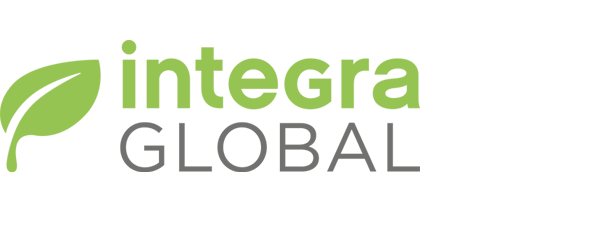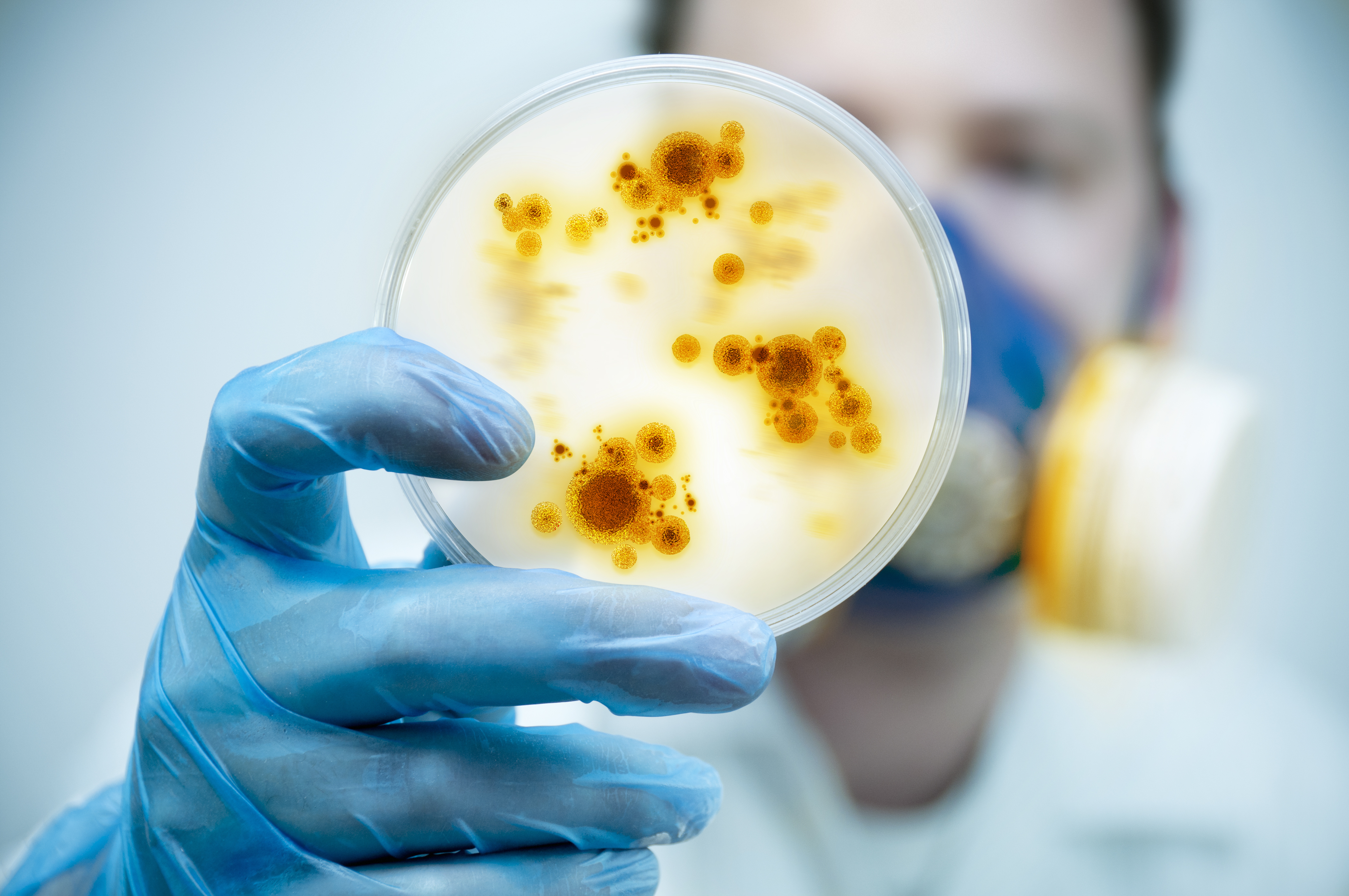What to expect from healthcare in Thailand

What to expect from healthcare in Thailand
Thailand has a very reputable healthcare system, ranked 47th out of 190 countries. As a result, Thailand has become one of the major medical tourism destinations in Southeast Asia.
Private hospitals however offer excellent medical facilities with hundreds of clinics to choose from. Most private practitioners speak English in Thailand and you can get maximum health coverage for much lower costs than in other developed countries.
Things to be aware of
While the healthcare system is strong in Thailand, there are a number of broader health issues that expats need to be aware of.
Firstly, HIV is present and on the rise in Thailand, with 1% if the adult population reported to be HIV positive at the end of 2011. In addition, it’s possible to contract hepatitis A through contaminated food or water in Thailand, regardless of where you stay or what you eat. Water pollution is also present across the country, so it’s advisable to avoid drinking any tap water.
Furthermore, Thailand has a big problem with air pollution, especially in highly populated areas such as Bangkok. During the months of March and April there is a lot of smog haze, which may aggravate respiratory problems. It’s important for expats to pay attention to local information regarding the air quality.
Ahead of your move
To protect yourself against some of these health issues, expats moving to Thailand should see a doctor six to eight weeks before their departure date. Before leaving it’s important to ensure you’re up to date with all routine vaccinations, including:
- Measles-mumps-rubella (MMR)
- Diphtheria-tetanus-pertussis
- Varicella (chickenpox)
- Polio
The CDC also recommends that all travellers to Thailand receive hepatitis A, hepatitis B and typhoid vaccinations. The typhoid vaccine is especially advisable for those staying in small cities or visiting more rural areas of Thailand.
Medication and dental services
For expats that require regular medication, pharmacies are found throughout Thailand and the majority of pharmacists speak English. In addition, there are many medications that can be bought over the counter that would require a prescription in other countries.
Looking at dental services, Thailand
has many qualified dentists and many of whom have been trained in Australia, the US or the UK, and are English
speaking. Oral health care is provided both through the public and private systems, but the majority of
procedures are not covered by basic medical insurance, so your options are to take out private insurance or pay
for the service yourself.


